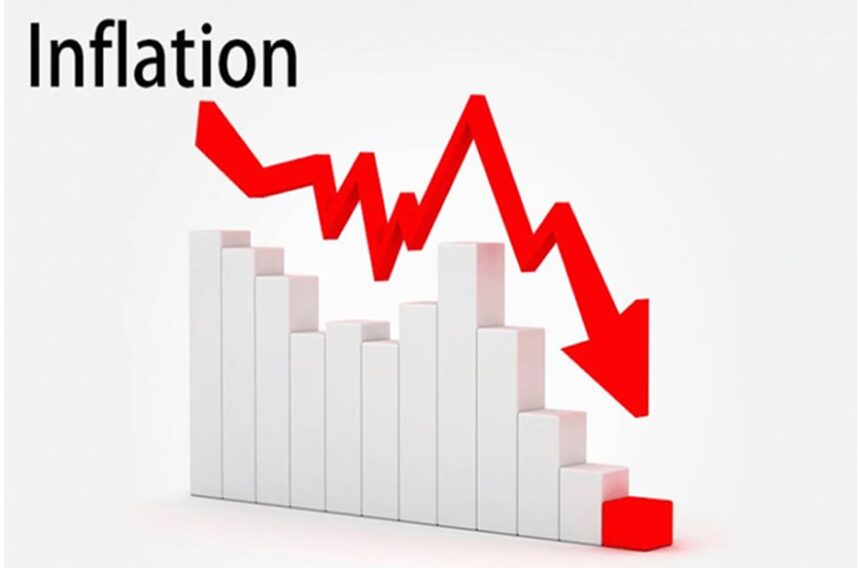Nigeria’s Inflation Rate Expected to Drop to 27.1% by December 2025
The most recent NESG-Stanbic IBTC Business Confidence Monitor report predicts that Nigeria’s inflation rate will decrease to 27.1% by December 2025. This forecast brings hope to consumers and businesses grappling with prolonged economic challenges, signaling that structural improvements are beginning to show positive results despite ongoing hurdles.
The persistent increase in fuel prices and currency devaluation has led to rising costs across all sectors, making inflation a significant concern for Nigeria’s economy.
According to the report, the elimination of fuel subsidies and the liberalisation of the foreign exchange market in 2024 exacerbated inflationary pressures.
The BCM anticipates a gradual easing of these pressures in 2025. While headline inflation is projected to continue rising in the first nine months of the year, a sharp decline is expected in the fourth quarter.
“Barring any unforeseen negative shocks to petrol prices, we forecast that headline inflation will remain elevated in the first nine months of 2025 but will fall below 30.0% from September, ultimately averaging 30.5% for the year and reaching 27.1% by December. This projection is based on our analysis of the USD/NGN exchange rate, fiscal deficits, and food production,” stated the report.
The projected slowdown in inflation is also expected to influence monetary policy. The report suggests that the Monetary Policy Committee of the Central Bank of Nigeria may adopt a more accommodative stance towards the end of 2025, potentially lowering interest rates to stimulate economic growth.
In December 2024, seasonal festive demand contributed to a slight recovery in corporate performance, with the Current Business Performance Index improving to +0.77 from -2.74 in November.
Despite this improvement, there were variations in performance across industries. Agriculture emerged as the best-performing sector, driven by increased harvest activities and demand for agricultural produce, with a net balance of +13.93.
Non-manufacturing sectors also displayed resilience, registering a net balance of +5.80. However, the manufacturing, trade, and services sectors faced significant challenges.
The Future Business Expectation Index for December 2024, which measures optimism about business conditions, stood at +28.61, a slight decline from November. Businesses in the manufacturing, non-manufacturing, and agricultural sectors expressed cautious confidence for better conditions in the first quarter of 2025, despite the dip.
High operating costs exacerbated by inflation and exchange rate fluctuations, along with challenges such as power outages, insecurity, limited access to capital, and cumbersome tax regulations, have dampened business optimism.
Although there was a slight improvement in credit availability in December (net balance of +8.25), the high cost of borrowing continued to hinder investment.
The report highlighted ongoing structural issues hindering economic growth, as evidenced by a +50.32 increase in the Cost of Doing Business Index in December.
Despite these challenges, the report cautiously forecasts economic growth in 2025, with Nigeria’s GDP expected to rise from an estimated 3.2% in 2024 to 3.5% in 2025. Key drivers of this expansion are anticipated to be improvements in sectors like manufacturing, non-manufacturing, and agriculture.
The reduction in inflation and currency stability are expected to support consumer spending and economic activity in the coming year.








